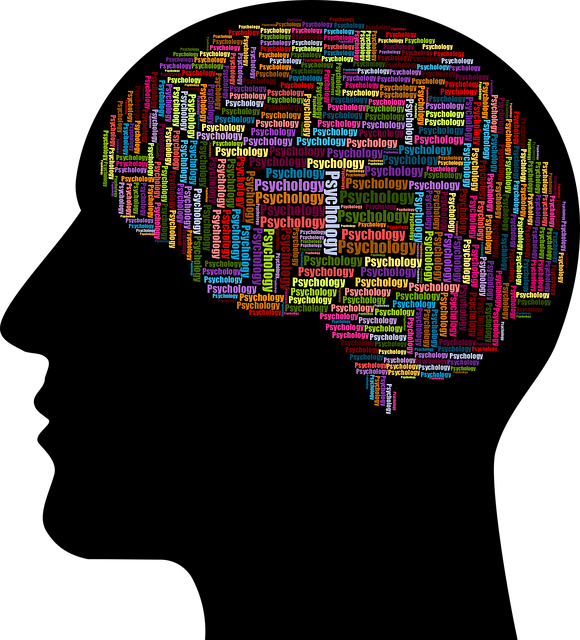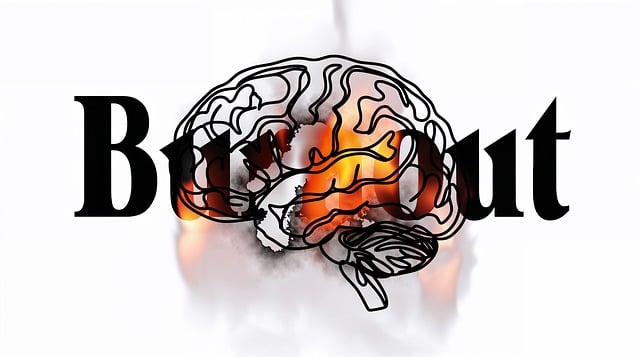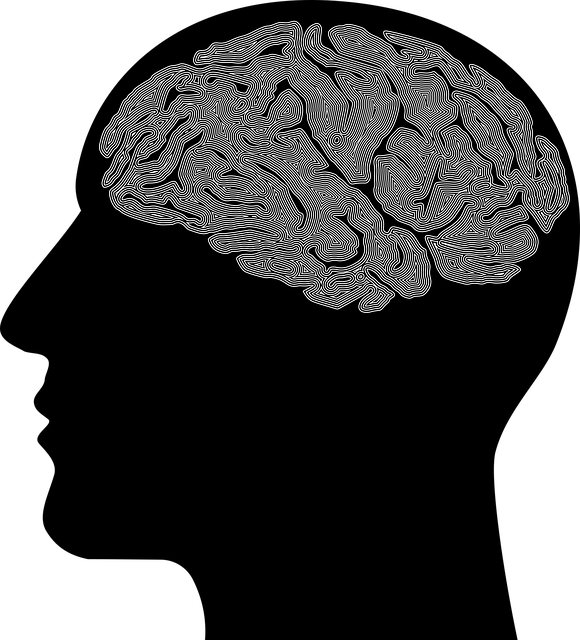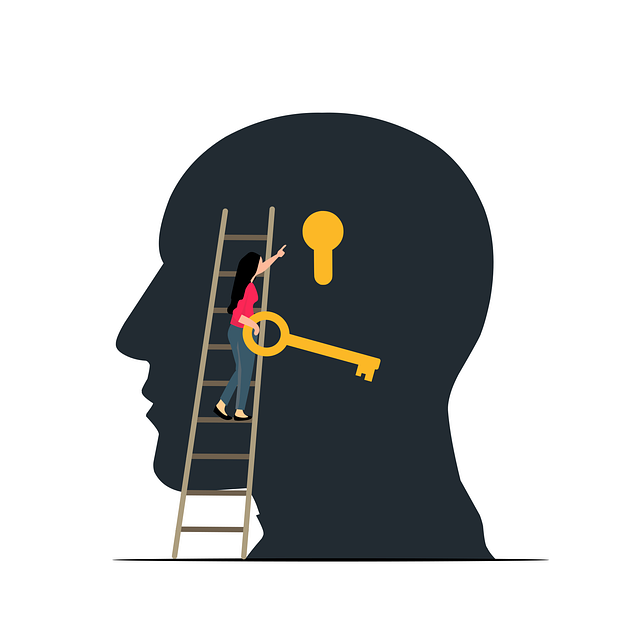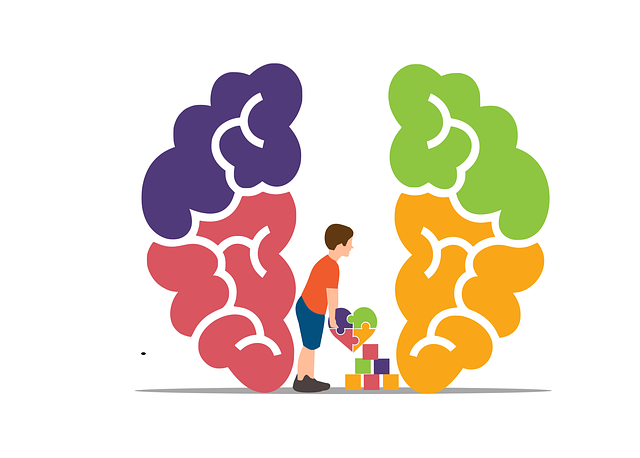Adolescent stress, driven by academic pressures, social media, and peer dynamics, is a growing concern linked to mental health issues like anxiety, depression, and codependency. Workshops tailored to therapy for adolescent teens are crucial in addressing these challenges. These sessions focus on communication strategies, resilience-building, and crisis intervention, breaking down codependency barriers and empowering teens with coping mechanisms. By creating safe spaces through interactive activities, mindfulness techniques, and peer support, these workshops enhance emotional navigation skills, improve academic performance, and foster overall well-being. Measuring success involves assessing immediate outcomes and tracking the development of mental wellness coaching programs over time.
“In today’s fast-paced world, adolescent stress and codependency are rising concerns. This article explores the growing need for targeted interventions, with a focus on stress management workshops designed specifically for teens. We delve into the impact of these programs on mental health, offering insights into creating effective, safe spaces for open dialogue.
From understanding the unique stressors faced by adolescents to measuring the long-term benefits, this guide provides valuable information for organizations aiming to implement therapy for adolescent teens with codependency.”
- Understanding Adolescent Stress and Codependency: A Growing Concern
- The Role of Workshops in Addressing Teen Mental Health
- Designing Effective Stress Management Workshops for Teens
- Creating a Safe and Supportive Environment for Open Dialogue
- Measuring Success and Long-Term Impact on Adolescent Well-being
Understanding Adolescent Stress and Codependency: A Growing Concern

Adolescent stress is a significant and growing concern in today’s fast-paced world. Teens face immense pressure from academic expectations, social media presence, peer relationships, and often struggle to navigate their identity and emotions. The impact of chronic stress on adolescents can lead to various mental health issues, including anxiety, depression, and even codependency. Codependency, a state where individuals become overly reliant on others for emotional validation or support, is becoming increasingly prevalent in younger populations. This complex issue often arises from traumatic experiences or unhealthy family dynamics, where teens learn to seek external sources to cope with internal distress.
Workshops designed to address these concerns must go beyond surface-level stress relief techniques. Implementing Mind Over Matter principles can empower adolescents to develop resilience and healthier coping mechanisms. By teaching them to recognize and manage their emotions effectively, these workshops can help break the cycle of codependency. Additionally, focusing on communication strategies is vital; encouraging open dialogue between teens and their support systems can foster a sense of belonging and reduce feelings of isolation. Depression prevention should also be at the forefront, as early intervention and education can significantly impact long-term mental well-being.
The Role of Workshops in Addressing Teen Mental Health

Workshops play a pivotal role in addressing the mental health challenges faced by adolescent teens. In today’s fast-paced and often stressful world, providing dedicated spaces for therapy and support is essential. These sessions offer a safe environment where teen participants can learn valuable communication strategies, explore healthy resilience-building techniques, and gain crisis intervention guidance tailored to their age group and specific needs. By facilitating open dialogue and empowering teens with coping mechanisms, workshops help break down barriers associated with codependency, enabling them to navigate their emotional landscapes more effectively.
Through interactive activities and expert facilitation, stress management workshops equip adolescent teens with the tools necessary to manage anxiety, depression, and other mental health issues proactively. The focus on resilience building empowers teens to bounce back from challenges, fostering a sense of self-efficacy that carries over into their daily lives. Moreover, these workshops provide valuable crisis intervention guidance, equipping teens with strategies to handle sudden or overwhelming stressors, thereby promoting overall well-being and mental fortitude.
Designing Effective Stress Management Workshops for Teens

Designing effective stress management workshops for teens involves tailoring content to their developmental stage and unique challenges. Adolescent teens often grapple with academic pressures, social stressors, and the developing sense of identity, which can contribute to anxiety and depression. Therefore, workshops should incorporate interactive self-awareness exercises that encourage open communication about emotions, thoughts, and behaviors. These activities could include journaling prompts, role-playing scenarios, or group discussions to foster a safe space for teens to express themselves.
Incorporating elements of therapy for adolescent teens, especially those with codependency issues, is crucial. Trauma support services and mental health education programs design that address these specific challenges can be transformative. Workshops should offer practical strategies for coping with stress, such as mindfulness techniques, breathing exercises, and healthy lifestyle habits. By equipping teens with these tools, they gain resilience and the ability to navigate their daily lives with greater ease and emotional balance.
Creating a Safe and Supportive Environment for Open Dialogue

Creating a safe and supportive environment is paramount for effective stress management workshops. This begins with establishing ground rules that encourage open dialogue and mutual respect. Facilitators should foster an atmosphere where participants feel comfortable sharing their experiences, fears, and strategies without fear of judgment. Incorporating crisis intervention guidance techniques can help manage any intense emotions that arise during discussions, ensuring everyone feels heard and validated.
The design of mental health education programs should prioritize building community among attendees, especially when targeting adolescent teens grappling with codependency. Encouraging peer support and active participation through interactive activities and group exercises strengthens the bond among participants, fostering a sense of belonging. This collective approach to learning coping skills development can significantly enhance the overall effectiveness of the workshop, providing valuable tools for managing stress in both personal and professional settings.
Measuring Success and Long-Term Impact on Adolescent Well-being

Measuring the success and long-term impact of stress management workshops for adolescent well-being is a multifaceted endeavor. It involves assessing both immediate outcomes, such as improvements in emotional regulation and communication strategies, and tracking the development of mental wellness coaching programs over time. By integrating these initiatives, workshops can address codependency issues that may arise during adolescence, fostering healthier relationships and personal growth.
Successful workshops should demonstrate enhanced emotional resilience among participants, manifested through better coping mechanisms and reduced stress levels. Long-term impacts include improved academic performance, increased social adaptability, and a stronger foundation for future mental wellness coaching. This holistic approach ensures adolescents not only navigate their current challenges but also develop lifelong skills to thrive in various aspects of life.
Stress management workshops play a pivotal role in addressing adolescent mental health issues, particularly codependency. By creating safe spaces for open dialogue and employing evidence-based techniques, these workshops can significantly enhance the well-being of teen participants. Through effective design and measurement of success, organizations can ensure that these sessions not only provide immediate relief but also foster long-term resilience in adolescents, offering them valuable tools to navigate stress and build healthy relationships, including therapy for adolescent teens codependency.

